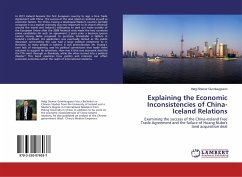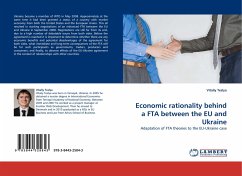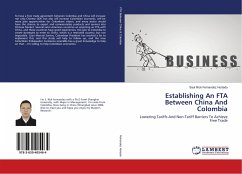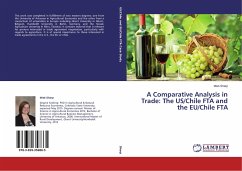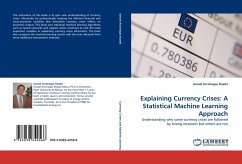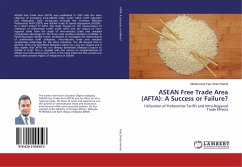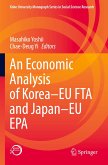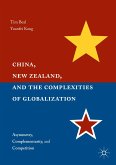In 2013 Iceland became the first European country to sign a Free Trade Agreement with China. The success of the deal relied on political as well as economic factors. For China, having a developed Western country formally recognize it as a market economy was very important to its charm offensive around the world and Iceland's willingness to seek out trade outside of the European Union after the 2008 financial crisis made the two countries prime candidates for such an agreement. 2 years prior a business tycoon named Huang Nubo proposed to purchase Grímsstaðir á Fjöllum in Iceland's northeast. His application was eventually denied as the public discussion surrounding the case had a large political undertone to it. However, to many people in Iceland, it was protectionism, Mr. Huang's own lack of transparency, and his political connections that made them reluctant to support his intentions. How was it that one economic deal like the FTA went through so flawlessly, while the other turned into a political disaster? This book examines how politics and interests can affect economic outcomes within the realm of international relations.
Hinweis: Dieser Artikel kann nur an eine deutsche Lieferadresse ausgeliefert werden.
Hinweis: Dieser Artikel kann nur an eine deutsche Lieferadresse ausgeliefert werden.

